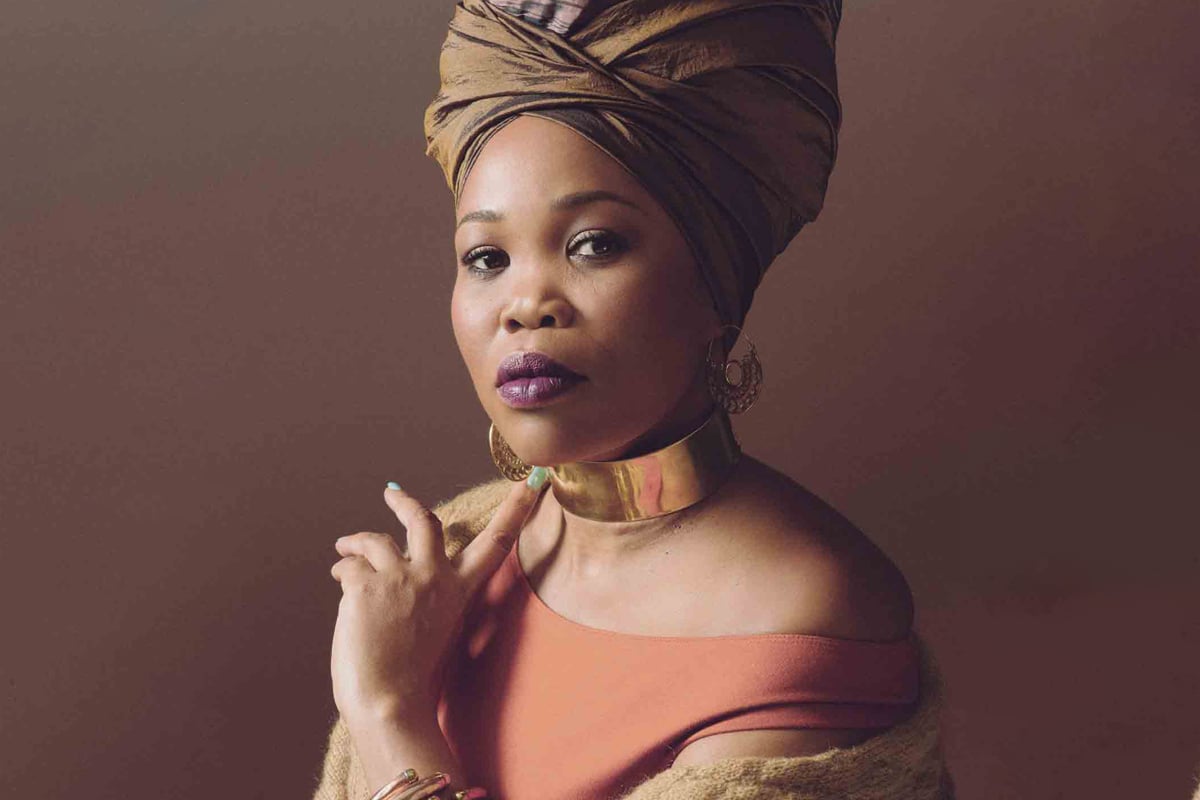Queen Ifrica Says Breakout Hit “Daddy” Drew Anger From Fellow Artists

Queen Ifrica says that when she released her internationally-acclaimed breakout album Montego Bay, in 2009, little did she know that Daddy, the eighth track, which highlighted the longstanding issue of incest in Jamaica, would have been met with anger by some of her own musical compatriots.
On one hand, she was supported by a large portion of the general Jamaican population, but on the other, she was vilified by many who preferred to keep the matter hush-hush, or were uncomfortable that she had broached the topic.
She said, however, that Daddy was one of the songs which made the nation pay attention to her, not only as an artist but as someone who “was willing to do a song like ‘daddy don’t touch me there in a predatory society’”.
Ifrica recounted that there were many people who took the umbrage to the song and verbally attacked her, but what she found disconcerting, was that many of the detractors were people from within the Reggae/Dancehall industry.
“It was bashed and it is still bashed. I am still hated for that song from the predators of this country who benefit from – I was attacked by very prominent artistes in this industry,’ she said.
“And you know the wickedest ting about that Anthony, is the names of these guys as well you know,’ she told Television Jamaica’s Anthony Miller during a recent interview on the Entertainment Report.
“The names of these guys,” she said in seeming disbelief. “But what I was most disappointed with, was the fact that they were telling me that I should leave that alone ‘people have done it and have moved on with their lives’ and was trying to do better and here I was trying to dig up old worms and I was like ‘what?’ Are you that old worm that I am digging up? Like why what are you saying,” she said.
In Jamaica, any person who commits the offense of incest is liable on conviction in a Circuit Court to imprisonment for life.
According to the Sexual Offences Act of 2009, in the case of a man, the offence of incest is committed by a male person who willingly has sexual intercourse with another person knowing that the other person is his grandmother, mother, sister, daughter, aunt, niece or granddaughter.
In the case of a woman incest is committed if she willingly has sexual intercourse with another person knowing that the other person is her grandfather, father, brother, son, uncle, nephew or grandson.
Ifrica has noticed the reticence local media had regarding Daddy from the day it was released.
At the album launch for the Montego Bay album in July 2009, Ifrica had lamented the struggle that the track had been encountering in terms of getting radio airplay, despite having connected in the streets and at live shows.
In January 2018, during her performance at Rebel Salute, Queen Ifrica had said Daddy was banned from radio. However, her assertions were denied by officials from the Broadcasting Commission of Jamaica who insisted that the song was not banned from the airwaves.
At the time, Ifrica had told the Star tabloid that she wanted the BCJ to investigate why the song was not being played on radio.
“If it nuh ban as dem say, den radio disc jocks unu need fi do di thing because the message should be going out there to encourage more young people to come out and speak about this (abuse), if it has happened or is happening to them,” she had said.
There were two versions of Daddy on the Montego Bay album, one in English and the other in Spanish.
Other tracks on the album were Far away, In My Dreams, lioness on the rise, Montego Bay, Coconut Shell, Yad to the East, calling Africa, Keep it to Yourself, Don’t Sign, Streets are Bloody and TTPNC.
In May 2010, months after the release of Montego Bay, Ifrica became the toast of the International Reggae and World Music Awards, which was held at York College in Queens, New York, when she copped four awards for the production including Artiste of the Year, Most Educational Artiste of the Year, Songwriter of the Year and Best Female deejay.
